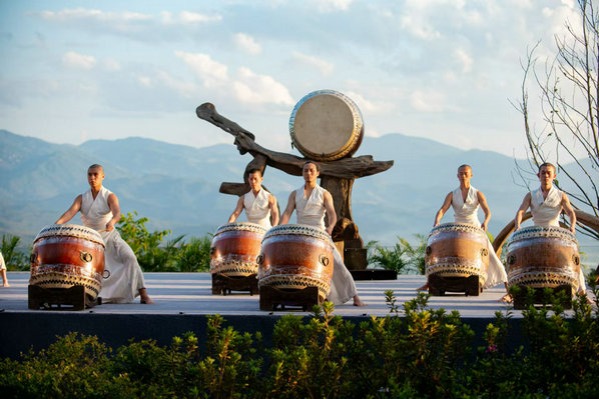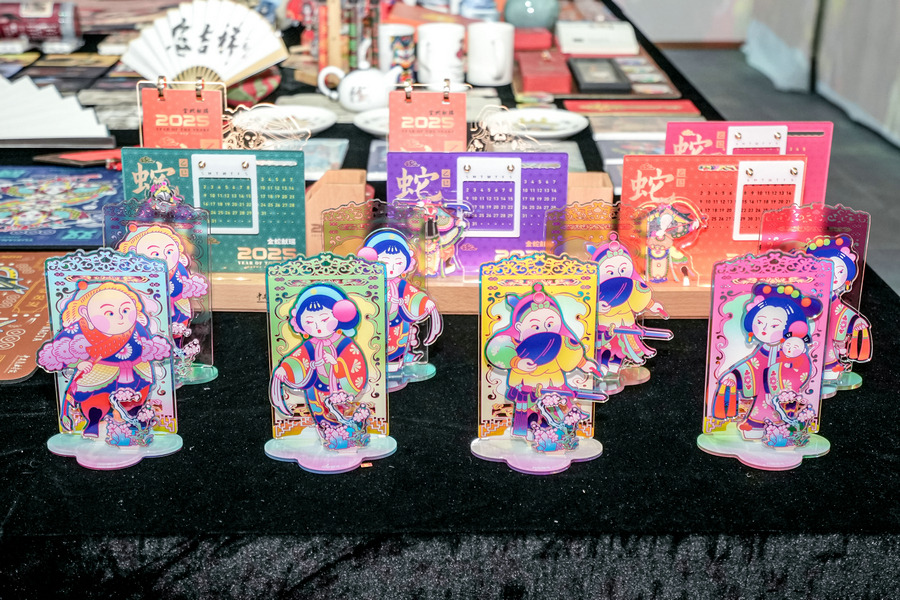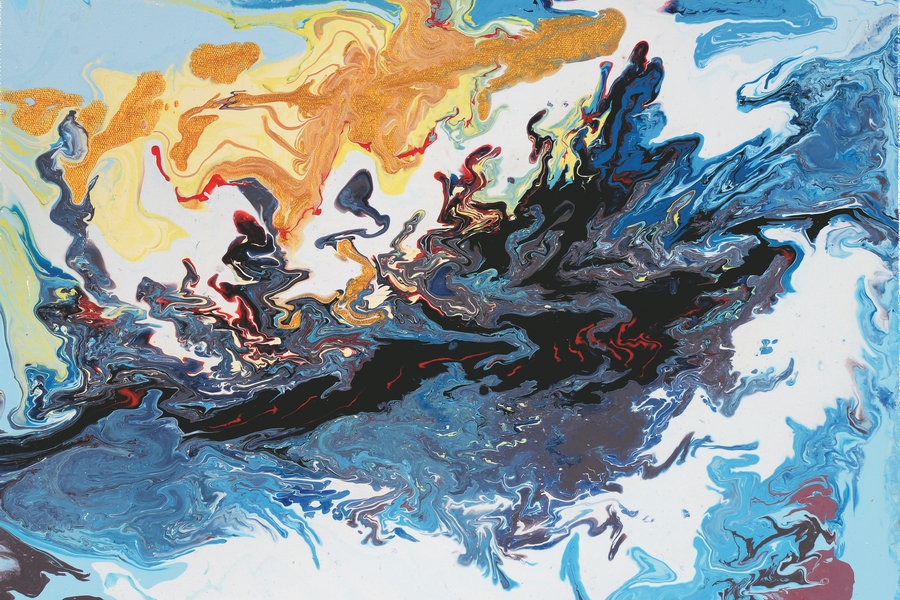Turn-up for the books


Jia also attended another event with translators Eric Abrahamsen and Nick Stember, and editor Peter Blackstock, who all hail from the United States, where he discusses how almost every Chinese writer of the past 40 years has been in some way influenced by Western literature.
"Chinese literature is one facet of the world literature, and has its own attractions. But the key task for Chinese writing remains to tell stories about the new reality of contemporary China, the complexity of human nature and how Chinese people live and survive," Jia says, adding that he has actively studied comparative literature in the East and West during the 1980s-1990s.
Jia is well received in the domestic market and each of his novels sells at least 300,000 copies. More than this, his works have been translated into 30 languages.
One of his key concerns is to what extent the essential "Chinese flavor" - the emotions, atmosphere, accents and the precision of the language - remains after the works are translated.
In fact, the nature of the translation work can sometimes become a heated topic when Chinese writers sit down with Sinologists and foreign translators who speak a variety of languages.
Yu Hua, author of To Live and Brothers, held talks with 30 Sinologists and translators at the event in Beijing, in an atmosphere not unlike a reunion of old friends. Yu remembers almost every version of his works for different book markets, and he tells the story of the first Sinologist he met.
Debuted in 1984 and in 1988, Yu met Danish translator Anne Wedell-Wedellsborg in Beijing.




































